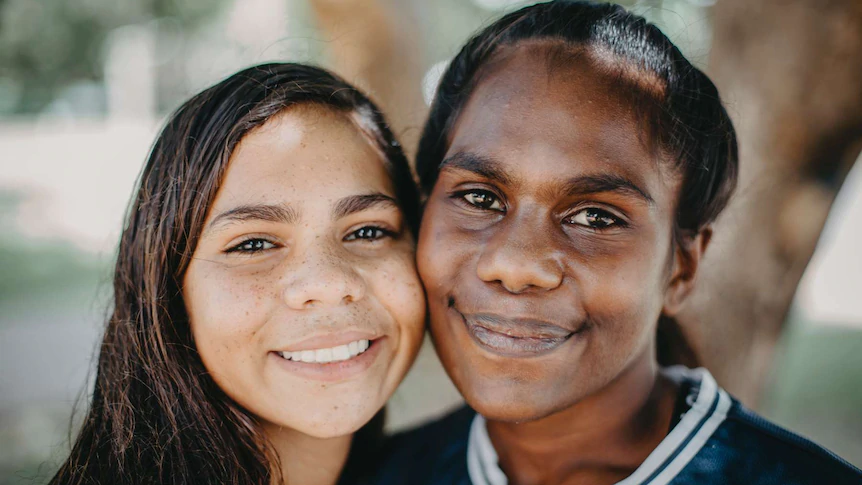For adolescents impacted by trauma, counselling can be a valuable resource for meeting the needs of adolescents impacted by trauma. Here are some ways counselling can help:
Establishing Safety and Trust: Adolescents who have experienced trauma may struggle with trust and feelings of safety. Counselling provides a safe and confidential environment where young people can express their thoughts, emotions, and experiences without judgment. Building a trusting relationship with a counsellor can help adolescents feel secure and supported throughout the therapeutic process.
Psychoeducation and Normalisation: Adolescents may not fully comprehend the impact of trauma or may feel alone and different because of their experiences. Cassandra can provide psychoeducation on trauma and its common reactions to help adolescents understand that their reactions are typical considering their situations. This knowledge can alleviate self-blame, guilt, and feelings of isolation, thereby promoting a sense of validation and empowerment.
Emotional Regulation and Coping Skills: Adolescents who have experienced trauma may experience emotional dysregulation, which can lead to difficulty managing intense emotions. To help with this, Cassandra offers guidance on developing healthy coping skills like deep breathing, grounding techniques, journaling, and creative outlets. By learning effective coping strategies, adolescents are empowered to manage their emotions in healthier ways.
Processing Traumatic Experiences: Adolescents can sometimes bear the burden of unresolved trauma, which can display anxiety, depression, or changes in behaviour. Counselling offers a safe environment to confront these experiences, where adolescents can express their emotions and untangle the associated feelings. With the use of methods like trauma-focused therapy, such as Cognitive Behavioral Therapy (CBT), Cassandra assists adolescents in reprocessing and comprehending their traumatic memories.
Rebuilding Identity and Self-Esteem: Experiencing trauma can have a significant impact on adolescents, affecting their sense of self-identity, self-worth, and self-esteem. To assist with this, Cassandra provides support to adolescents in exploring and rebuilding their sense of self. This process involves fostering a positive self-image, promoting self-compassion, and encouraging the exploration of their strengths and interests. By rebuilding their sense of identity, adolescents can regain a sense of agency and confidence in themselves.
Supportive Relationships and Social Skills: Trauma can strain relationships and social interactions for adolescents. Counselling can help adolescents develop healthy relationship patterns, communication skills, and boundary-setting strategies. Therapeutic counsellors may also involve family members or support networks to improve relational dynamics and create a strong support system for the adolescent.
Future Planning and Goal Setting: Trauma can disrupt an adolescent’s vision for the future and hinder their goal-setting abilities. Counselling can assist adolescents in envisioning a positive future, setting realistic goals, and developing a plan to achieve them. Counselling empowers adolescents to move forward and build fulfilling lives beyond their traumatic experiences by fostering a sense of hope and purpose.

